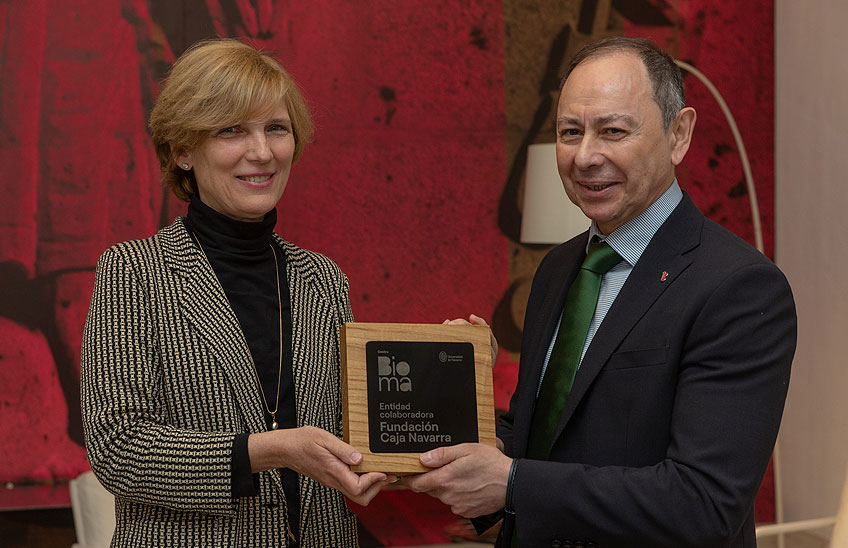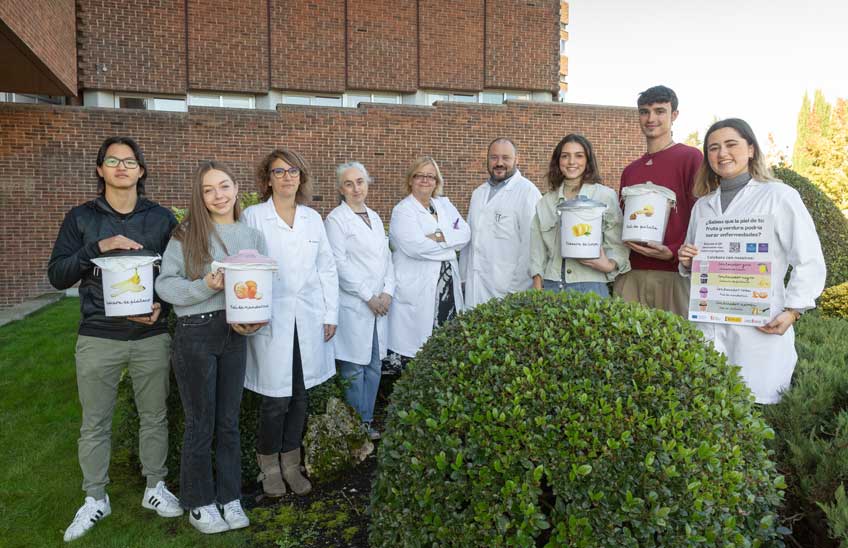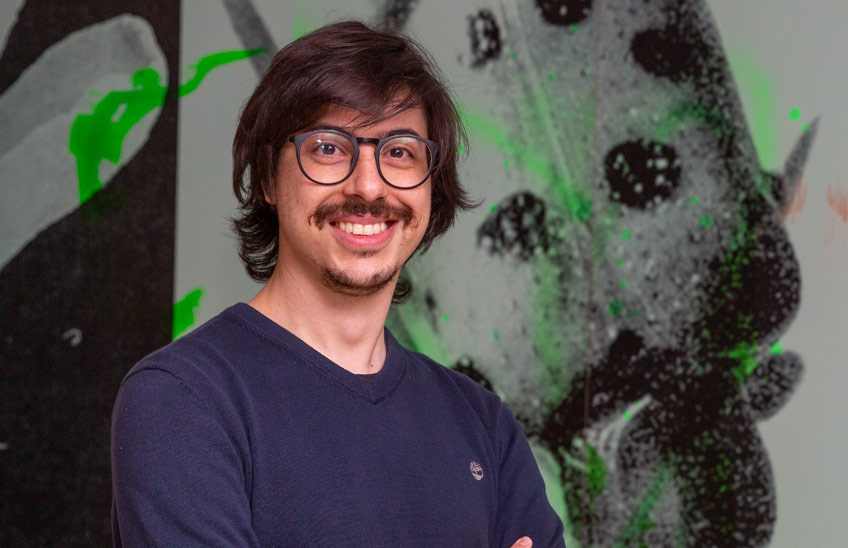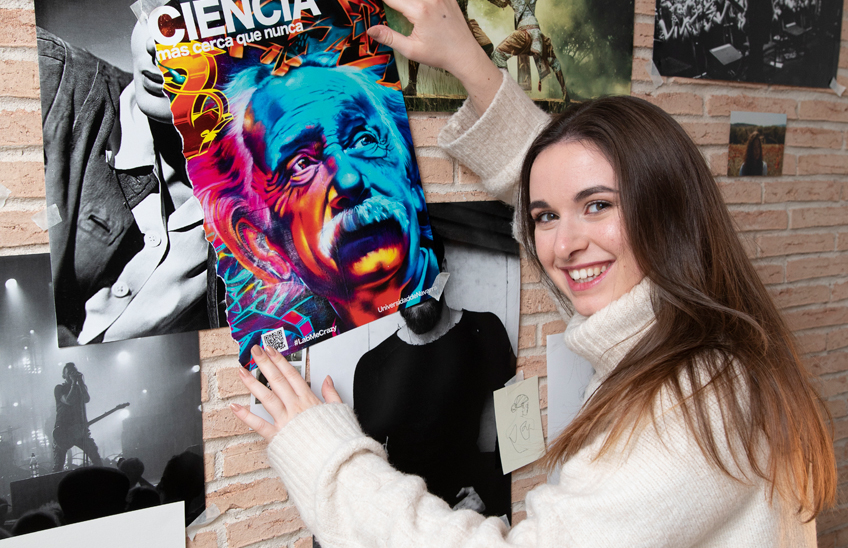Javier Santaolalla, science populariser: "Videos, reels and memes are giving rise to new forms of science on social networks" knowledge dissemination
The Science Museum of the University of Navarra organises a forum with influencers in which the tiktoker Tere Paneque and the populariser Álex Riveiro also take part
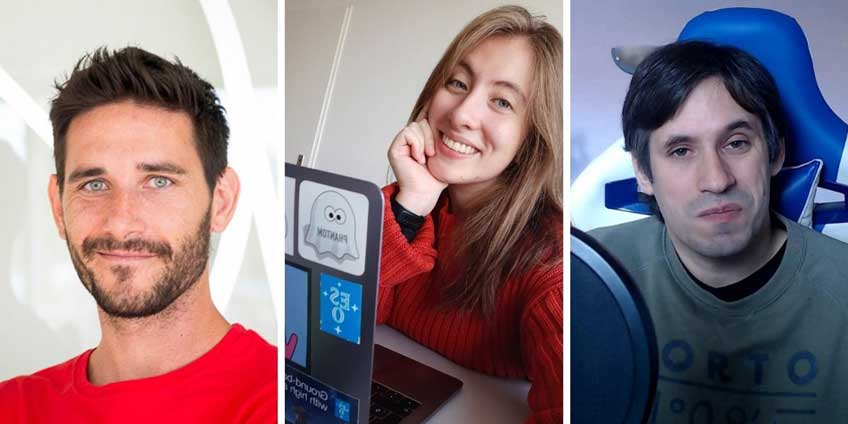
18 | 02 | 2022
What role do social networks play in the knowledge dissemination of science? What are the keys to creating attractive content? The Science Museum of the University of Navarra has organised -as part of the programme of activities of the #LabMeCrazy! Science Film Festival- the LabMeCrazy Social average Forum, a meeting with experts in social networks and speech of science. The quotation will take place on Wednesday 23 February at School at speech.
The workshop starts on Wednesday 23 February at 10 a.m. with the lecture "Trends and future perspectives for the knowledge dissemination of science in social networks", at position by the engineer, physicist and science communicator Javier Santaolalla. The most important thing in social networks is to be active and always keep your target audience in mind: "Social networks help to reach new audiences and to make room for new forms of knowledge dissemination such as videos, reels or memes", says the expert, founding member of Big Van scientists on wheels, lecturer, youtuber, researcher at Education and author of six books.
The figure of the disseminator in social networks
The goal of the workshop is to explore in depth the opportunities that exist for popularising science, with the experience of content creators with a consolidated track record. After the lecture, there will be a roundtable on "The figure of the populariser in social networks as a trusted content producer" with the participation of the tiktoker Tere Paneque and the populariser Álex Riveiro. Riveiro, science communicator, author of astrobitacora.com, and of the books Hacia las estrellas and Más allá de las Estrellas, advises to have a direct, simple style in social networks and "try not to make science intimidating to anyone. It may seem like a complex world from the outside, but like everything else, it is only complex until you start to get familiar with it".
For her part, astronomer Tere Paneque, Master's Degree in Astronomy at the University of Chile, science communicator in networks and author of the book El Universo según Carlota, points out that empathy, closeness and authenticity are important in the management of social networks. "I really like the concept of 'democratising knowledge' and social networks make that possible. They make concepts, ideas and images visible and accessible that were previously only seen in university lecture halls, paid lectures or books".
The forum will conclude at 12 noon with a video production workshop at position by Javier Santaolalla. Although entrance is free of charge, reserve place is required through the website of the scientific film festival: labmecrazy.org.
#LabMeCrazy! competition partnership Science Film Festival is an international science film festival, promoted by the Science Museum of the University of Navarra -with the support of the Government of Navarra, Pamplona City Council, Laboral Kutxa and the Spanish Foundation for Science and Technology FECYT/Ministry of Science and Innovation-, which aims to bring science closer to society and especially to the new generations. goal . The 3rd edition will be held from 21 to 25 February 2022 in Pamplona.

